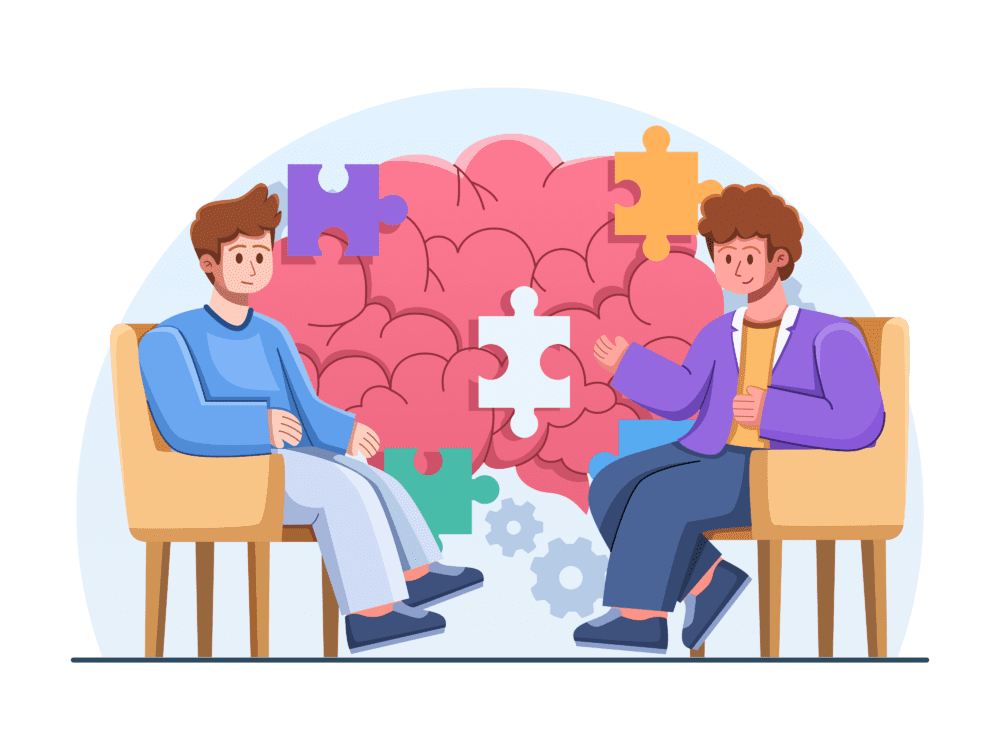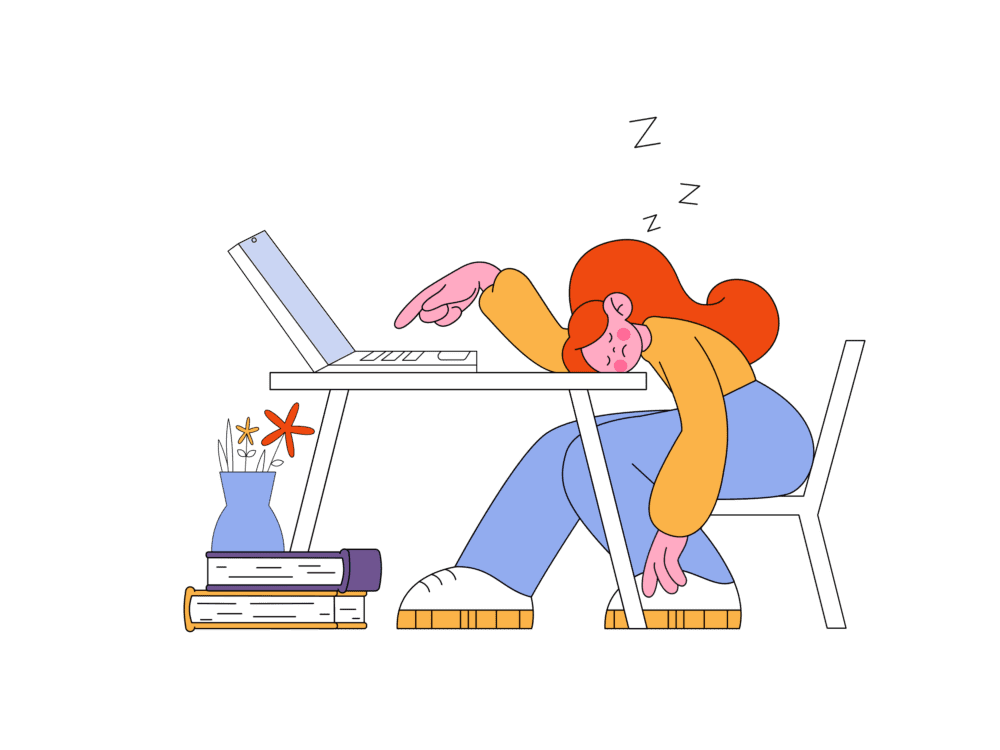Depression, a prevalent mental health disorder affecting millions worldwide, has long been a subject of much research. The monoamine hypothesis is one of the most influential and enduring explanations among the various theories seeking to elucidate its underlying mechanisms. Origins of the Monoamine Hypothesis The roots of the monoamine hypothesis can be traced back to… Continue reading
Category Therapy
Transference-Focused Psychoanalysis
With its deep-rooted history and emphasis on uncovering unconscious conflicts, traditional psychoanalysis contrasts the more focused and time-limited approach of transference-focused psychoanalysis (TFP). This article aims to ascribe the principles and mechanisms underlying traditional psychoanalysis and TFP, exploring their similarities, differences, and respective applications in clinical practice. Exploring Traditional Psychoanalysis Sigmund Freud’s traditional psychoanalysis laid… Continue reading
Out of office Therapeutic Interventions
The therapeutic journey is not always confined to the therapist’s office. With approaches like Cognitive Behavioral Therapy (CBT) and exposure therapy, mental health professionals are turning to real-world settings to provide treatment. Let’s explore examples of how therapists are facilitating treatment through immersive interventions tailored to their client’s unique needs. Eating Disorders Imagine a therapist… Continue reading
A guide for Therapist Referrals
Sometimes, during the therapeutic journey, you might encounter a situation where your therapist suggests seeing another professional. Therapist referral can leave you feeling confused, rejected, or even frustrated. But it’s crucial to understand that therapist referrals are often made in your best interests. This article will explore some common reasons therapists might refer their clients… Continue reading
Do Self-Help Books and Affirmations Really Work?
The shelves of bookstores overflow with self-help guides promising transformative change. Alongside these books, the internet is saturated with affirmations—positive statements meant to rewire the subconscious mind for success and happiness. A critical question remains: Do self-help books and affirmations work? The Promise The allure of self-help literature lies in its promise to empower individuals… Continue reading
Coaching: How it Differs from Therapy
Coaching and therapy aim to assist individuals in navigating life’s challenges and achieving their goals, and they operate in distinct ways. Understanding the differences between them is crucial for individuals seeking guidance and support. This article delves into what coaching is and how it differs from therapy. It also explores when each might be most… Continue reading
Exploring the Relationship Between Mental Health and Lack of Energy
Energy levels can have an impact on mental health. Many individuals struggling with mental health issues also experience a lack of energy, which can significantly hinder their daily functioning. In this article, we delve into the connection between mental health and energy levels, what it signifies, and how it can be effectively addressed. Understanding the… Continue reading
Therapy’s Role in Recognizing Defence Mechanisms
Therapeutic interventions, particularly Cognitive Behavioral Therapy (CBT), play a significant role in defence mechanisms and self-awareness. Identification through Cognitive Restructuring CBT focuses on identifying and restructuring distorted thought patterns. By examining automatic thoughts and cognitive distortions, individuals can recognize underlying justification mechanisms such as denial or rationalization. Through guided introspection, clients learn to challenge and… Continue reading
Workaholism: Effects on Individuals and Relationships
Busyness often glorifies working long hours and sacrificing personal time for professional success. While hard work and dedication are commendable traits, there’s a line between being industrious and becoming a workaholic. Workaholism, often overlooked or even admired in society, can have effects on individuals and their relationships, leading to mental health problems. Understanding the nature… Continue reading
Understanding Splitting
Splitting is a psychological defence mechanism commonly observed in individuals with borderline personality disorder (BPD). However, it can also manifest in other personality disorders and even in people without diagnosable mental health conditions. This phenomenon involves viewing people, situations, or even oneself in extreme and polarized terms as good or all bad, with little or… Continue reading










